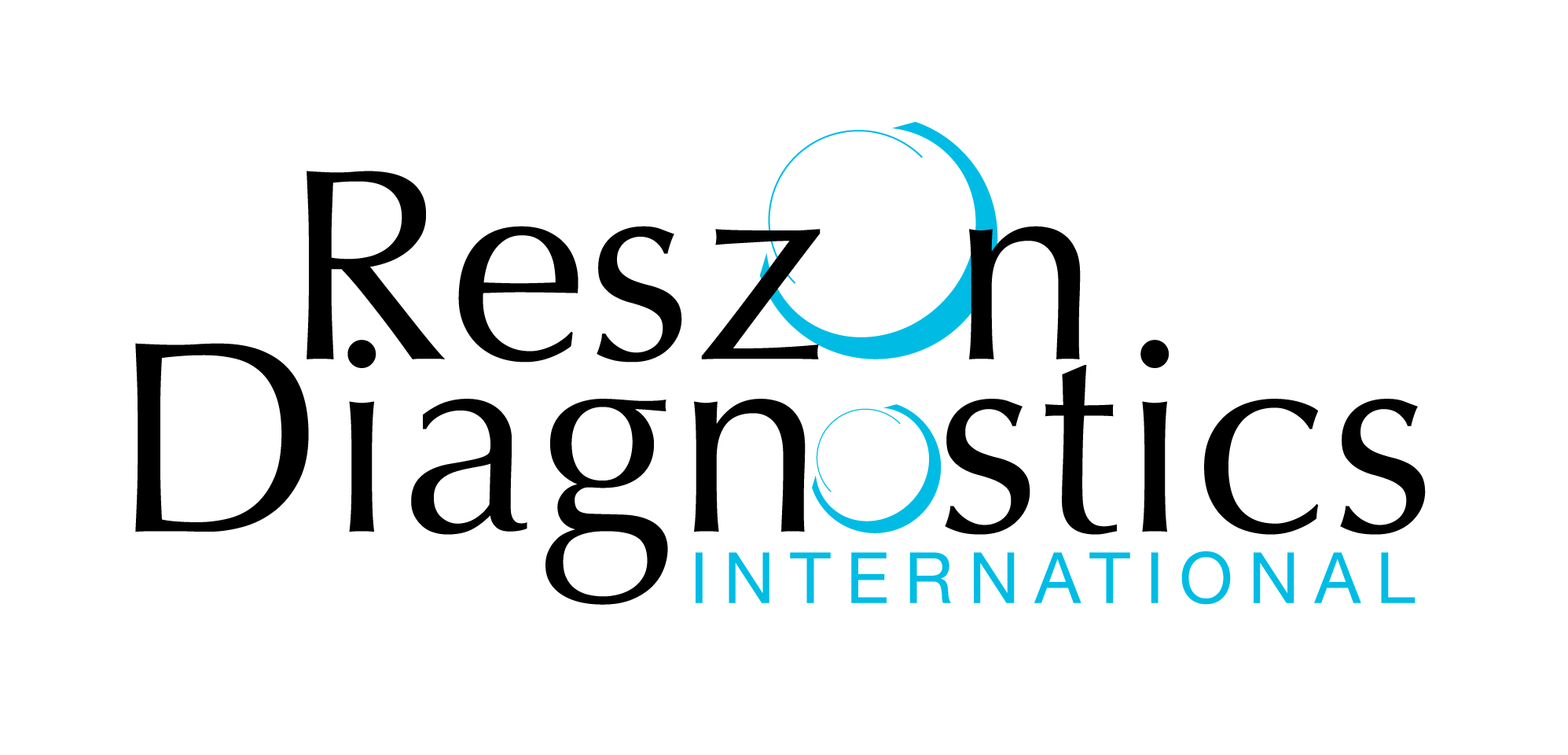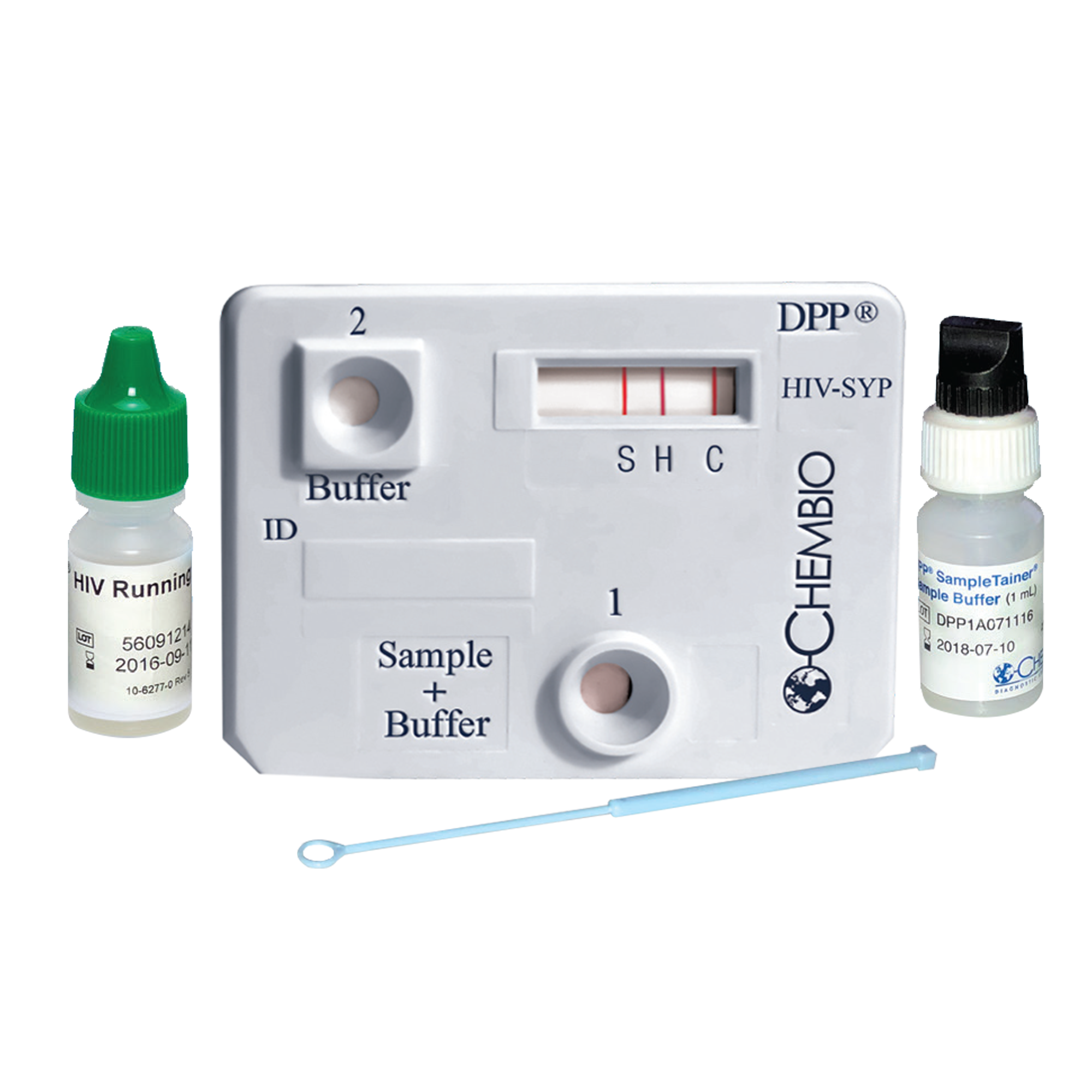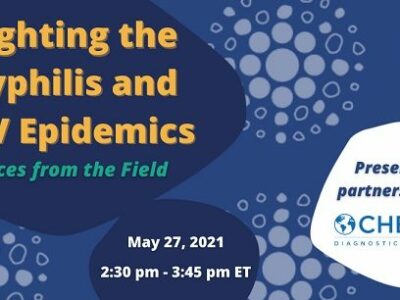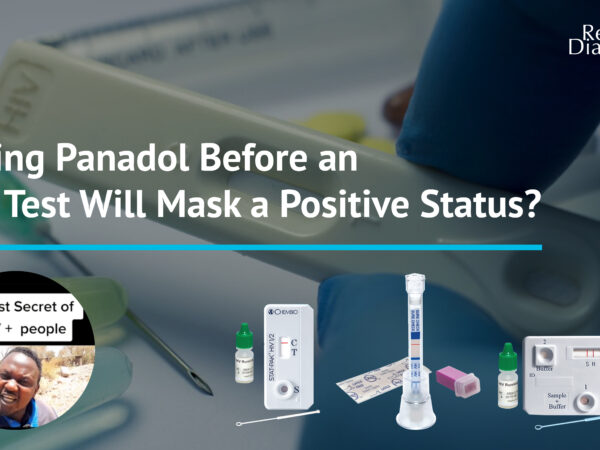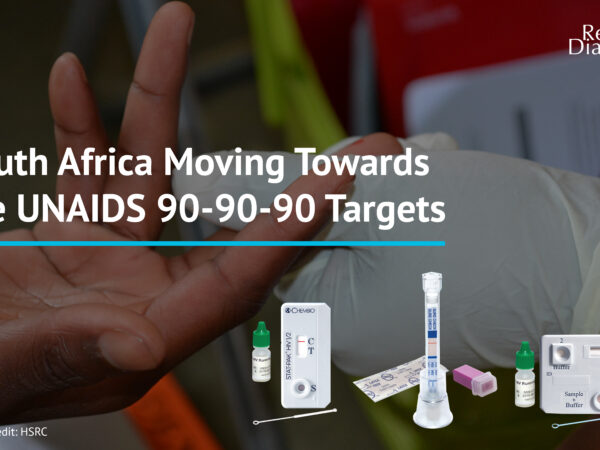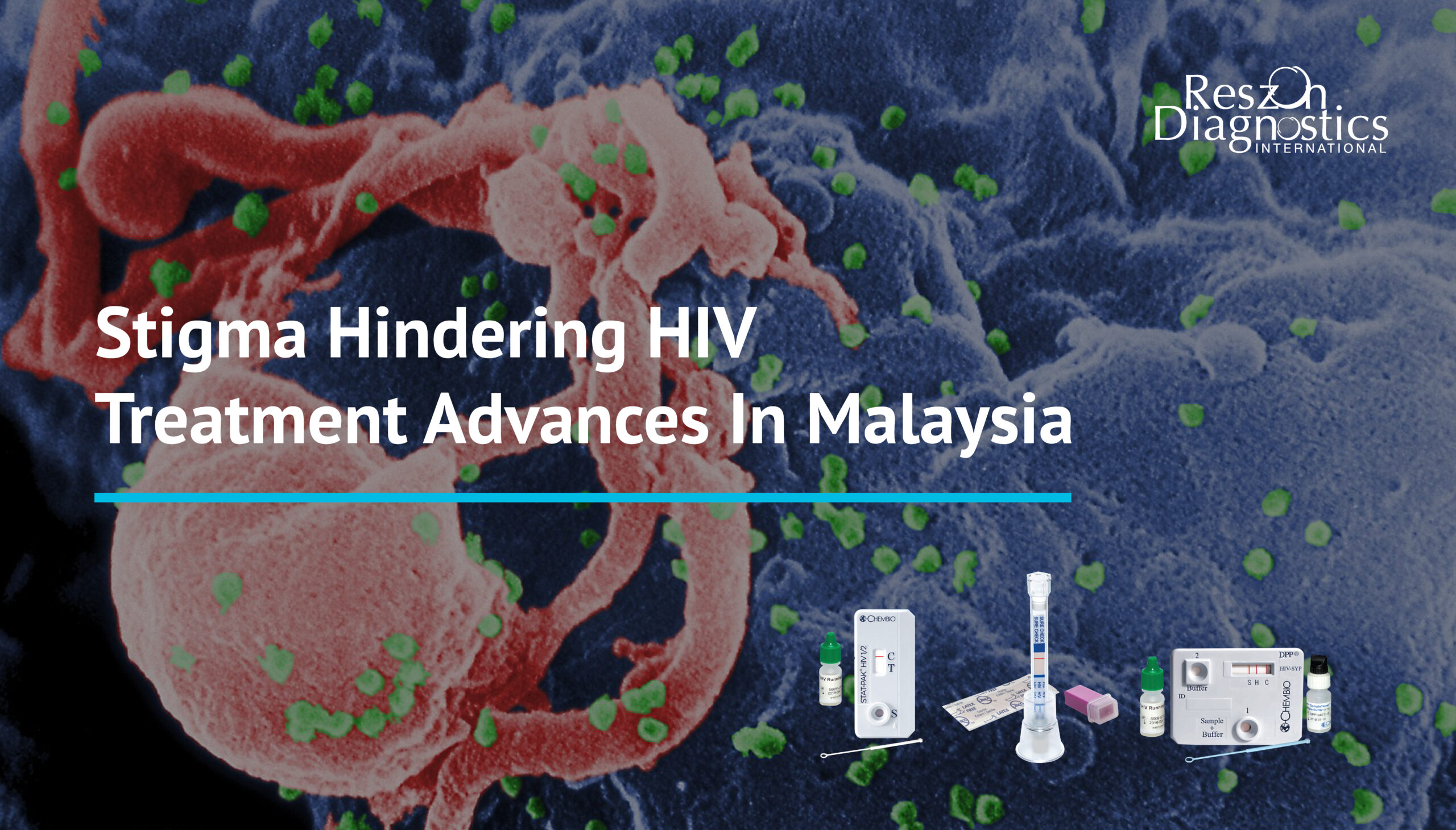
“The advancement of HIV treatment is being stifled by persistent stigma and discrimination against key populations and people living with HIV (PLHIV) in the country”, said infectious disease expert Prof Dr. Christopher Lee, former National Advisor for Infectious Diseases in the Ministry of Health (MOH) and former Deputy Director General of Health. [1]
During the ‘Leave No One Behind’ HIV panel discussion, Dr. Lee said “The thing now is the setting for treatments is available, it’s getting more accessible, it’s getting cheaper, but unfortunately, stigma discrimination is the one we have to deal with.” He further added “We have the drugs, we have the doctors, we have the clinics to run, to serve that medication out. But unfortunately, stigma and discrimination keep patients from coming forward to us.” [1]
Advancements in HIV treatment in recent years have significantly improved accessibility and outcomes in Malaysia. Highly effective antiretroviral drugs have revolutionised treatment by suppressing the virus and reducing transmission risk, while combination therapies with simplified dosing and fewer side effects have made treatment even more manageable.
Over the years, the government’s proactive measures to address HIV/AIDS in Malaysia have included providing free or subsidised antiretroviral therapy through the public health care system, expanding HIV testing programmes, and integrating HIV treatment, prevention, and support services into existing health care systems.
Prevention [2]
According to WHO, HIV is a preventable disease.
Reduce the risk of HIV infection by:
• using a male or female condom during sex
• being tested for HIV and sexually transmitted infections
• having a voluntary medical male circumcision
• using harm reduction services for people who inject and use drugs.
Doctors may suggest medicines and medical devices to help prevent HIV, including:
• antiretroviral drugs (ARVs), including oral PrEP and long-acting products
• dapivirine vaginal rings
• injectable long acting cabotegravir.
ARVs can also be used to prevent mothers from passing HIV to their children.
People taking antiretroviral therapy (ART) and who have no evidence of virus in the blood will not pass HIV to their sexual partners. Access to testing and ART is an important part of preventing HIV.
Diagnosis [2]
HIV can be diagnosed through rapid diagnostic tests that provide same-day results. This greatly facilitates early diagnosis and linkage with treatment and care. In most cases, people develop antibodies to HIV within 28 days of infection. During this time, people experience the so-called window period when they may have no signs of HIV infection but may transmit HIV to others.
Following a positive diagnosis, people should be retested before they are enrolled in treatment and care to rule out any potential testing or reporting error. However, no single test can provide a full HIV positive diagnosis; confirmatory testing is required, conducted by a qualified and trained health or community worker at a community centre or clinic. HIV infection can be detected with great accuracy using WHO prequalified tests within a nationally approved testing strategy and algorithm.
Chembio HIV Testing Solution
Read more to explore full range of reliable and high performance Chembio HIV Testing Solution offered by Reszon!
Sure Check
HIV 1/2 STAT
DPP® HIV-Syphilis Assay
References:
1. CodeBlue (2023) Stigma Hindering HIV Treatment Advances In Malaysia: Expert. Accessed on 13 June 2023.
2. WHO (2023) HIV and AIDS. Accessed on 13 June 2023.
